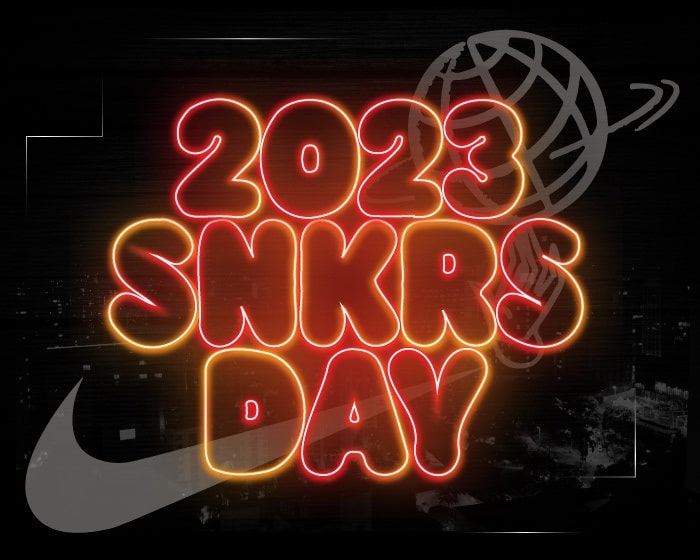Nike SNKRS Day Is Here, and It’s Going Global This Year!
Ahhh, the Nike SNKRS app… The source of heartaches, Ls, and triumphs at the same time! And if you ask any sneakerhead what their favorite holiday is, it’ll probably be a tie between Christmas and Nike SNKRS Day. Now, Christmas is still a few months away, but you know what’s right around the corner? Nike…










